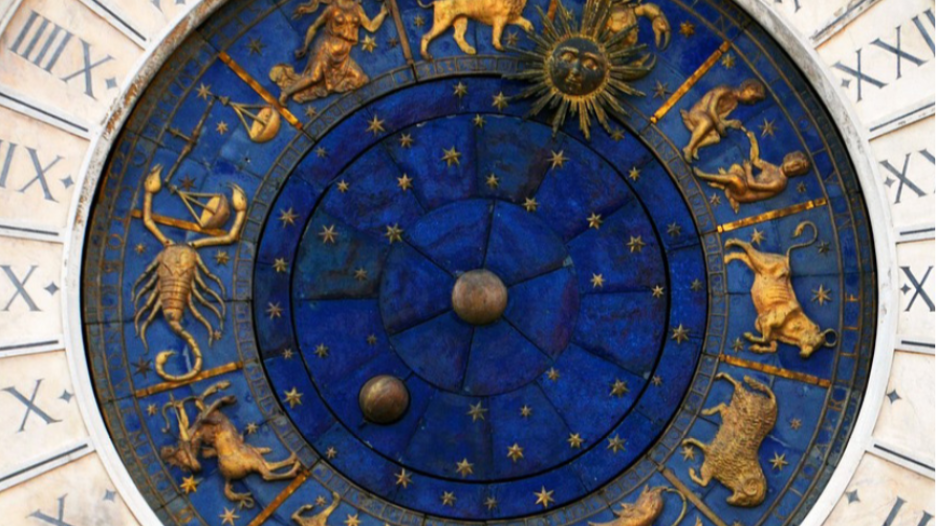Far from being a new phenomenon, the process of observing celestial movements and making predictions based on them goes back as far as 3000 BC. Just think of the Mayan calendar that predicted the end of the world in 2012, or Babylonian astrology that was used to predict the weather. But modern-day use of astrology is something quite different. You can find horoscopes predicting events in your life based on your birthday in almost every newspaper, magazine or even on specific apps.
Although this type of astrology has been around in the background since it first role to popularity in the 1960s and 1970s, there has been a resurgence of interest amongst millennials that has pulled it out of the back pages and into the spotlight. Detailed descriptions of your personality based on your zodiac sign have become so readily available that even sceptics are able to tell their Leos from their Libras.
Where has this resurgence come from? Why are young people so attracted to astrology? Is this fascination a cause for concern?
The astrology that you are most likely to have come across before is a form of sun-sign astrology, where one of the twelve signs is assigned to you when you are born. It depends on which of the twelve constellations of the zodiac the sun was passing through on your birthdate in that year.
Although loosely based on astronomical facts about constellations, astrological predictions are not scientific. On reading most horoscopes, they appear to be so general that if you tried, you could apply to any aspect of your own life. Unsurprisingly, this generality and failure to make accurate predictions quickly lead to a general sceptism of horoscopes and astrology. So, what has made so many people view this once frowned-upon practice as seemingly genuine again?
For one, a new generation of ‘Instagram Witches’ has totally transformed the perception of astrology and spirituality for younger generations. Search for @ TheHoodWitch and you’ll see the perfect encapsulation of this trend – aesthetically pleasing photos that capture your interest, accompanied by captions with astrological predictions or sometimes just encouraging messages. The use of social media has allowed followers of astrology to erase the typical stereotypes that come with it and completely rebrand it for the new millennial audience.
Instagram Witches’ take astrology to be a place where it is regarded as a real discipline. It cringes at the over- generalised and phony horoscopes that seem to be everywhere and the only form of astrology that many people had any encounters with. As many of these ‘witches’ point out, astrology is an avenue for embracing spirituality without having to accept the demands of a formal religion.
A brief look at the history of any major world religion points to a disparity in expectations of and in the treatment of men and women. It is easy to see why a new discipline that seems to be full of female experts is so popular with young women. And in the stressful world that millennials are growing up in, the insight that astrology gives can be reassuring and helpful, even if not strictly scientific.
Ultimately, astrology has no scientific grounding, but that does not make it useless. In a similar way to religion being a source of comfort for the many, an explanation during confusing or upsetting times can really help people remain positive, uplifted and hopeful that things will turn around. Although horoscopes might not hold any actual factual value, they can be helpful in stimulating a person to take action or with confirming a person’s thoughts or feelings.
As with anything, becoming overly invested in the signs of sun and moon and allowing astrological predictions to dictate your life, is unhelpful and unhealthy. However, that is not to say that astrology should be disregarded completely – anything that helps a person make sense of their stressful life is surely valuable in our world.
Image: Sarah_Loetscher via Pixabay

